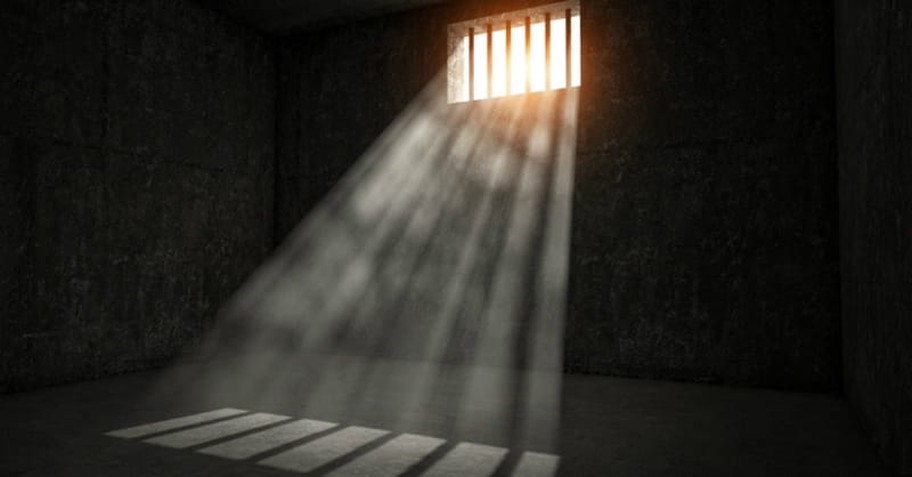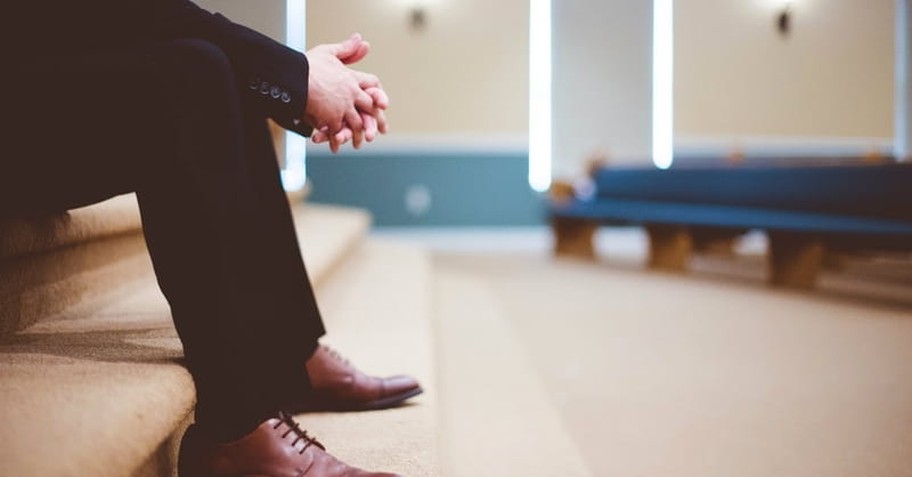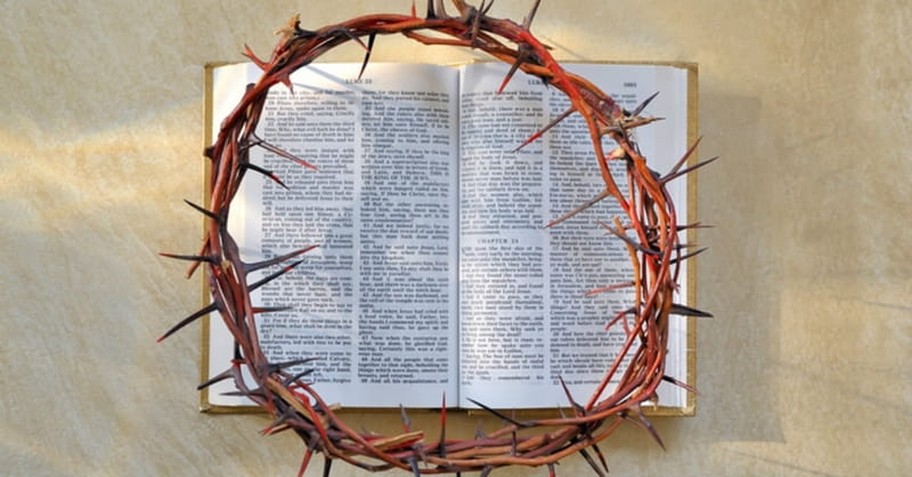How to Be a Justice Seeker in a World Filled with Injustice

Injustice fills today’s headlines. Christians are hunted and killed in Somalia. Men are auctioned off as slaves in Libya. Imperfect babies are murdered in Iceland. Gang violence claims the lives of young men in America. Daughters are discarded in India for not being sons. Orphans are transported across borders and forced into prostitution in Nepal.
I’m heartbroken for the vulnerable people who endure injustice. The Lord opened my eyes to injustice and oppression a few years ago. In his mercy, he rescued me from my bubble of indifference, safety, and comfort. I was aware of oppression, but not personally affected by it. Knowing my four sons slept comfortably in their warm beds led to my own peaceful sleep. Injustice was easy to ignore with my egocentric worldview. But God.
With the Holy Spirit’s prompting, I began to wonder about the many mothers worldwide who are denied peaceful sleep because their children have been trafficked. I began to feel burdened for families without access to the gospel, clean water, food, and security. I repented of my indifference toward the plight of the vulnerable. He changed me and redirected my priorities. I wanted to be a seeker of justice and corrector of oppression (Isa. 1:17).
There are many ways to obey God’s good command to seek justice. Here are a few suggestions:
Photo courtesy: ©Thinkstock/Nastco

1. Justice seekers pray.
We are abiders; we can do nothing on our own (John 15:5). We don’t seek justice in our own strength. We do the Lord’s work in his power. We humbly ask him for it. We are not the true givers of justice; our Father is. We are needy for him, and so we pray. We fight on our knees. Here are a few prayer guides to get you started—Operation World, IJM, and I Commit to Pray.
Photo courtesy: ©Thinkstockphotos.com

2. Justice seekers love.
We strive to love like God loves. We love by giving ourselves. “For God so loved the world that he gave his only son” (John 3:16). We get involved in the lives of the vulnerable, just as Christ involved himself in our lives when we were vulnerable in our sin. We love as we give our time, talents, and treasures. We love because he first loved us (1 John 4:19).
Photo courtesy: ©Thinkstock/KatarzynaBialasiewicz

3. Justice seekers speak.
We use our voices for the voiceless (Prov. 31:8). We leverage our networks to raise awareness. We challenge people who are content to live in their bubbles. We educate ourselves and others on ways to help. We tell stories of heroes who are making a difference. We show how these stories merge into God’s greater redemptive story. Dietrich Bonhoeffer said, “silence in the face of evil is evil itself.” So, we are not silent.
Photo courtesy: ©Thinkstockphotos.com

4. Justice seekers imitate.
If we are in Christ, then we are God’s children. Our heavenly Father loves justice (Isa. 61:8) and therefore, so do we. We do what our Father does. We care. We feed. We clothe. We teach. We empower. We show compassion because our Father shows us compassion.
Photo courtesy: ©Thinkstock/michaelennisphotography

5. Justice seekers fight.
We fight leaders who abuse their power. We stand between sexual predators and their prey. We protect the elderly from those who exploit them. We battle for justice in the courts and government. We fight through law enforcement. We fight with our votes. We fight with the sword of the Spirit (Eph. 6:17).
Photo courtesy: ©Thinkstock/leolintang

6. Justice seekers advance.
We shine the light into the darkness (John 1:5). We advance the kingdom for the glory of Christ. We seek his kingdom on earth and reflect it through our lives. We make disciples of all nations (Matt. 28:19). We advance the gospel that has the power to save those in darkness (Rom. 1:16). We do not retreat. We press on.
Photo courtesy: ©Thinkstock/tiero

7. Justice seekers collaborate.
This mission is communal. So, we wisely partner with other like-minded people as we fight for the weak. We work together as members of one body teeming with different gifts (Rom. 12:4-8), because strategic networking for the glory of God is critical to justice-seeking.
Photo courtesy: ©Thinkstock/Jacob Ammentrop Lund

8. Justice seekers worship.
“Ascribe to the Lord the glory due his name; worship the Lord in the splendor of his holiness” (Ps. 29:2). Our God is alive. He reigns on the throne. His glory fills the earth, and he is worthy of our praise. We worship the God who works righteousness and justice for all who are oppressed (Ps. 103:6). He deserves our praise.
Photo courtesy: Unsplash.com

9. Justice seekers engage.
We don’t ignore oppression; we engage it. We don’t look away in the face of injustice. We see it and let exposure lead us to action. We avoid pornography, knowing, among other things, that it fuels modern-day slavery. We welcome the fatherless into our homes. We welcome refugees into our communities. We welcome people who look different than us into our social circles. Oppression flourishes in the darkness, so we make every effort to combat it.
Photo courtesy: ©Thinkstock/Mike Watson Images

10. Justice seekers wait.
While we work, we wait in anticipation. We wait for restoration. We wait for God to make all things new (Rev. 21:5). “He will wipe away every tear from their eyes, and death shall be no more, neither shall there be mourning, nor crying, nor pain anymore, for the former things have passed away” (Rev. 21:4). We long for justice and for the God of justice (Isa. 30:18). Come, Lord Jesus.
This list is not exhaustive but serves as a starting place. We aren’t capable of doing everything, but we are commanded to do something. When we feel helpless, we can rejoice; our insufficiency displays the sufficiency of Christ. Our weakness magnifies his strength (2 Cor. 12:10).
When we are overwhelmed, we can rest. God is sovereign over all the earth, and his purposes will not be thwarted (Job 42:2). He will reconcile people to himself (2 Cor. 5:18-19).
When we think that evil will prevail, we can trust. The battle is already won. Christ has overcome the world (John 16:33), and victory is ours in him.
When our unjust actions taint us, we can repent. He will forgive us our sins and cleanse us from all unrighteousness (1 John 1:9).
Photo courtesy: Unsplash/Ben White

11. Above all, justice seekers remember that the gospel is at the heart of justice seeking.
Justice is ultimately fulfilled in Christ. When we seek justice, we find Christ. We don’t just desire people to be rescued from physical oppression—we want God to free them from the chief oppressor. “We fight like Jesus fights,” Gloria Furman said in her book Alive in Him, “loving righteousness at the cost of our lives, insisting on God’s truth, spreading the good news of his kingdom, and rescuing lost people out of darkness.”
That bubble we live in can be attractive and feel safe. It keeps our vision narrow and shields us from the outside world. But bubbles can be popped so that we no longer hide from or ignore oppression but, in Jesus' name, seek justice.
Based on the Ethics and Religious Liberty Commission article "How to be a justice seeker." Used with permission.
Photo courtesy: ©Thinkstock/jordacheir
Publication date: April 10, 2018
Originally published April 10, 2018.








